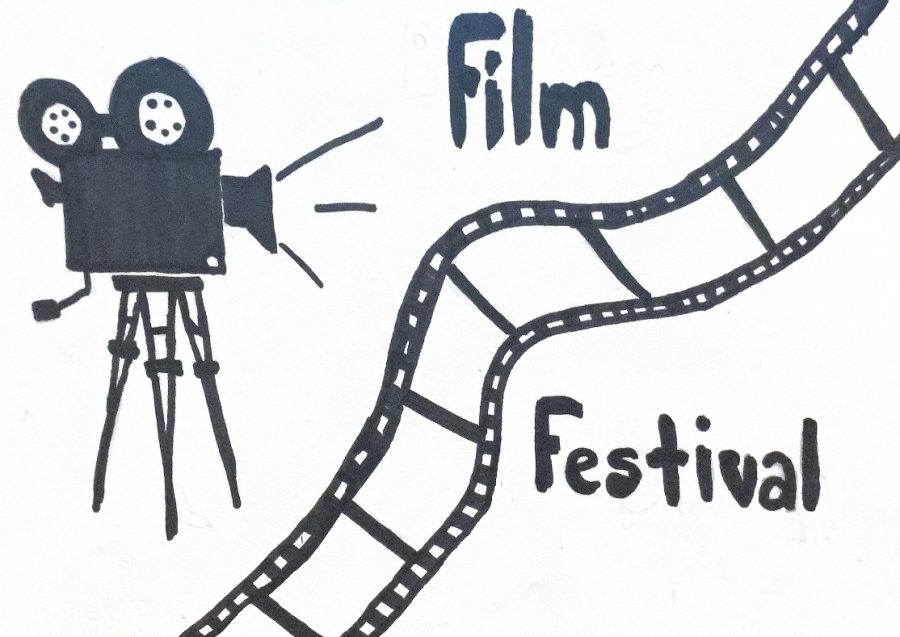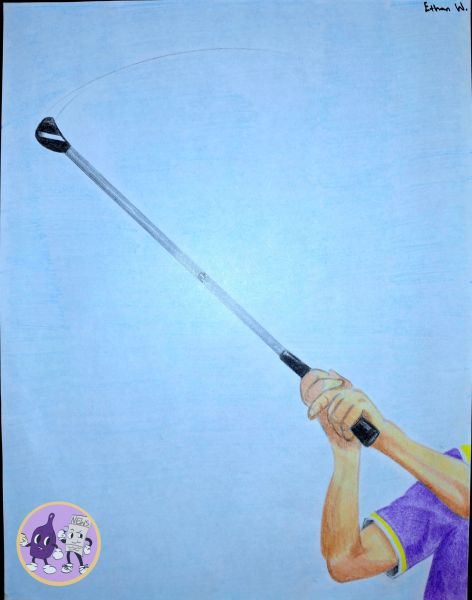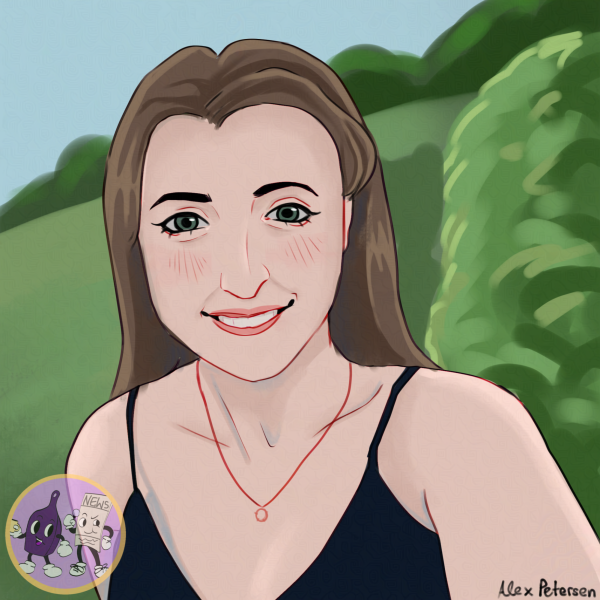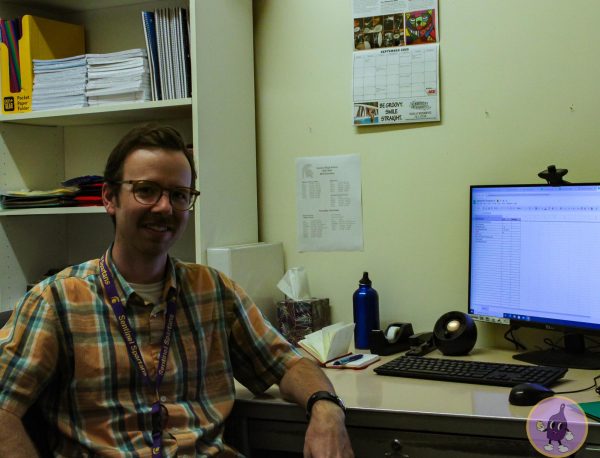20TH ANNUAL BIG SKY FILM FESTIVAL COMES TO SENTINEL
Students at the high school get a taste of a wide variety of documentaries about different people.
A drawing of a film and projector with the words “Film Festival”.
Over the course of the week, Sentinel High School students got a chance to view a list of documentaries on display. This event, called the Big Sky Film Festival, showcases a bunch of documents that give representation for different events that shape peoples’ lives. The main goal of the people behind the festival is to showcase how reality truly is. Things are going to happen in life, and the only way to get by might be to learn to overcome it. This festival is held every year, and as of 2023, it has hit its 20th anniversary of featuring films.
Every single film showed an entirely different topic. There were about 20 films total made. Two of the films put on display for 6th period classes showed two very important topics. One of the films, called “Silent World of Barry Priori”, showed the life of a deaf man as he grew up in Australia, facing discrimination for his natural disability. There was very minimal actual talking. As you watch the film, you’re introduced to a group of deaf people, all who communicate with the audience via Australian Sign Language, or AusLan for short. You see how they got to experience life without the ability of hearing, and how the educational system treated them. This film, while maybe not intentional, could help raise awareness about people who do not have the sense of hearing, and the importance of captions. Without the use of captions, no one in the audience would really understand what was being talked about.
The other film, called “Thank You For Your Service”, shows the life of a United States veteran that fought in a war overseas, and came back to the States with severe Post-Traumatic Stress Disorder and nerve damage. The film shows how she has to live her own daily life, and how hard it can be for someone to even just exist with a traumatic brain disorder. She has a service dog, who is another main feature of the film, that aids her throughout her life. You discover that, as a result of her in the war, she was exposed to a gas that damages the nerves, and it impairs her ability to function properly. The film shows the true struggle any veteran or currently-serving soldier might face behind closed doors.
Alongside the films, one of Mrs. Pohl’s classes got a unique look into the making of one of the films. For the past two years, Pohl’s Intro to Film class has gotten to see one of the documentaries made by the Big Sky Film Festival during class, as well as meet some of the people behind the making. This year, they watched the documentary called “Subject”, and two participants in the film came to the class.
What was Subject about? “[Subject] talks more about the ethics involved in [film-making]. What do we owe people, who trust us with [their] stories?” Pohl explained. “Subjects don’t get paid for their time, and they don’t always have control over the way their stories are told, which can ruin their lives. If it does, well, it changes their lives, for better or for worse… having everything on film for everybody to see and criticize.” As said before, the Big Sky Film Festival often shows documentaries that talk about life-changing events and how it affects the daily lives of some people. Subject is less of that, as it seems, and more of a different take on the industry behind film-making. It’s something to think about, and it definitely makes for a good conversation topic. “Documentaries are a really popular genre right now, but some of the ones being made are sort of like reality tv. And what happens when we take someone’s life, and put a twist on it because we want it to sell? We’re gonna make them look like buffoons, or exaggerate the controversy. Or we’ll tie things up in little bows, which isn’t really portraying their life accurately.” This particular Intro to Film class gets to look at these ideas and understand them at a better level than other English classes might.
And what happens when we take someone’s life, and put a twist on it because we want it to sell?
Mrs. Pohl
Last year, the first year that Pohl had this opportunity, her class got to watch an experimental film. “The kids last year were really into the film. A number of them have gone into film programs afterwards,” Pohl said. Getting this close look into the films allows for students to ask questions that you might not be able to if you were to watch it in a theater. And Pohl intends to keep letting the filmmakers come back every year following, as a way to give her students the opportunity to dissect and ask questions about documentaries and what all goes into it.
For any seniors that might find interest in analyzing and dissecting films, as well as getting the unique opportunity to meet filmmakers like these, then Intro to Film might be a suitable English class. Not everyone who goes into the class comes out as a filmmaker, and some people who take it aren’t even interested in making films or documentaries, as said by Pohl.
But if you are interested in getting the opportunity to take a closer look at films and film-making, as well as the industry and everything that goes into it, then it might be an interesting class to take.
The Big Sky Film Festival allows a lot of opportunities to be made by filmmakers and their participants. And although some films and documentaries can cause a negative effect on the lives of the people shown, other times, they can have a positive effect. It’s important to be able to view a piece of media and analyze it without hurting the people affected by the real events that took place. They are sharing their stories with us to spread awareness or even to just get their stories out. And as the Festival keeps returning, more documentaries will continue being made sharing more stories.

“They’re making us think our thoughts are what we’re thinking…I think” -Patrick Star









